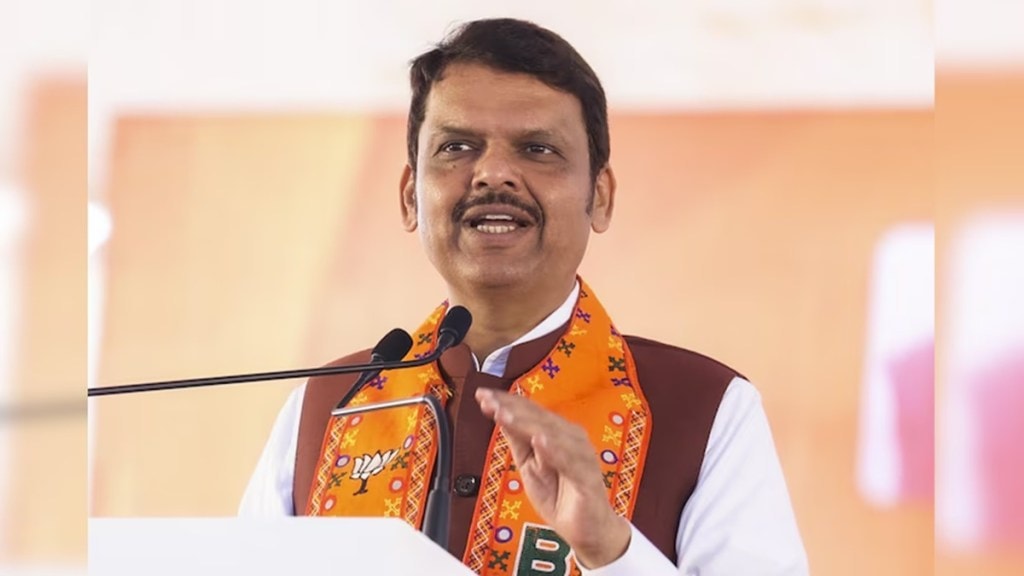Seven blasts ripped through Mumbai local trains at various locations in July 2006 — killing more than 180 people and injuring several others. Nineteen years later, the Supreme Court acquitted all the 12 accused, saying the prosecution utterly failed to prove the case and it was “hard to believe they committed the crime”. The Maharashtra government is now assessing the details of the case with plans to move the Supreme Court in the coming days.
“The Maharashtra government will assess the merits of the case before deciding to challenge the HC decision to acquit all the accused. Before that, we will discuss aspects like the merits of the judgement and reasons for the acquittal. Chief Minister Devendra Fadnavis will also look into it. The state government will move the Supreme Court only after the assessment,” said Maharashtra revenue minister Chandrashekhar Bawankule.
‘Cannot accept verdict’
Meanwhile Shiv Sena MP Milind Deora urged the state government to “hire the best lawyers and appeal against the verdict” as soon as possible. The issue was also raised by All India Majlis-e-Ittehadul Muslimeen Asaduddin Owaisi who contended that investigative agencies had ‘failed’ people in many such cases.
“As a Mumbaikar, I cannot accept the verdict of the Bombay High Court. In 2006, I was myself an MP from Mumbai, and I went and saw what happened in that terrorist attack. I appeal to the Maharashtra government they involve the best lawyers of the country in this matter as soon as possible. And they should appeal against the verdict of the Bombay High Court as soon as possible,” said Deora.
“Innocent people are sent to jail, and then, years later, when they are released from jail, there is no possibility for reconstruction of their lives. Over the last 17 years, these accused have been in jail. They haven’t stepped out even for a day. The majority of their prime life is gone. In such cases where there is a public outcry, the approach by police is always to first assume guilt and then go from there. Police officers take press conferences in such cases, and the way the media covers the case, it kind of decides the guilt of a person. In many such terror cases, investigating agencies have failed us miserably,” Owaisi countered.
Who are the 12 convicts?
Twelve people were convicted for their links to the 2006 blasts and remained lodged at various prisons across the state for over 18 years. The prosecution had claimed they were members of the banned Students’ Islamic Movement of India — with five receiving the death penalty while others were sentenced to life imprisonment. Only of the accused individuals was previously acquitted by the special court under the Maharashtra Control of Organised Crimes Act due to insufficient evidence.
The Bombay HC verdict paves the way for release of 11 people — including four death row inmates. Kamal Ahmed Ansari had died in 2021 pending hearing of the appeal. The Bihar resident had been accused of receiving arms training in Pakistan and planting the bomb which exploded at Matunga.
